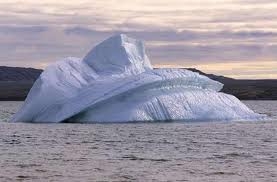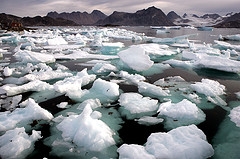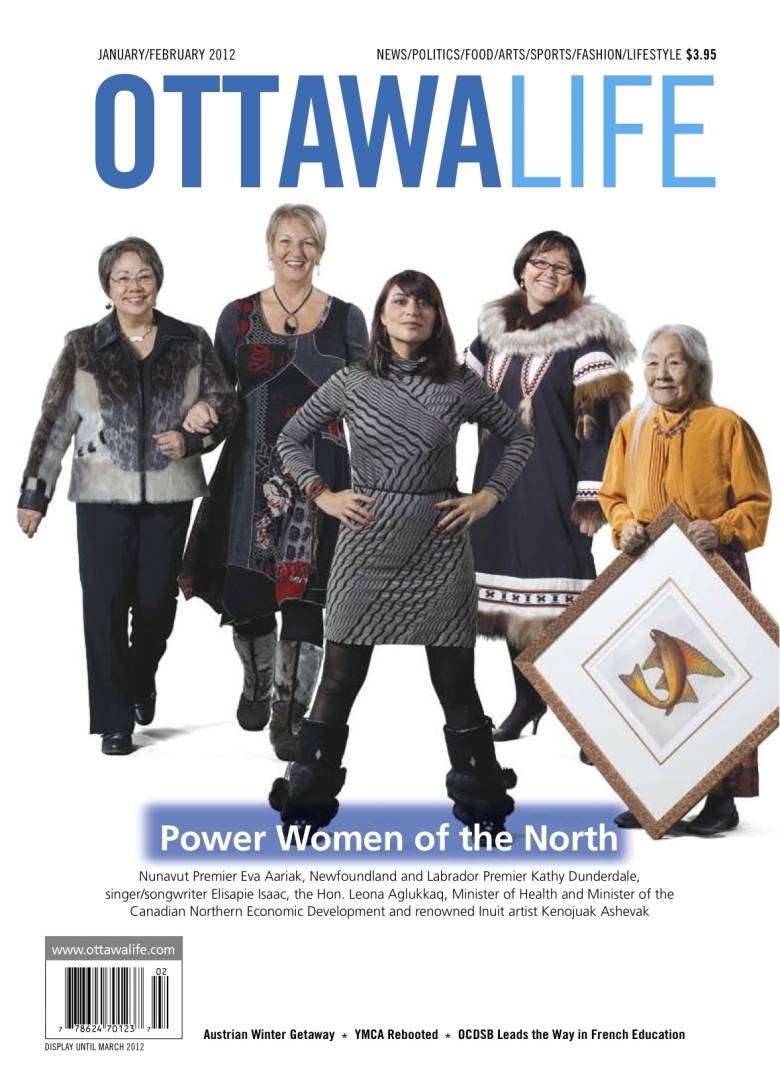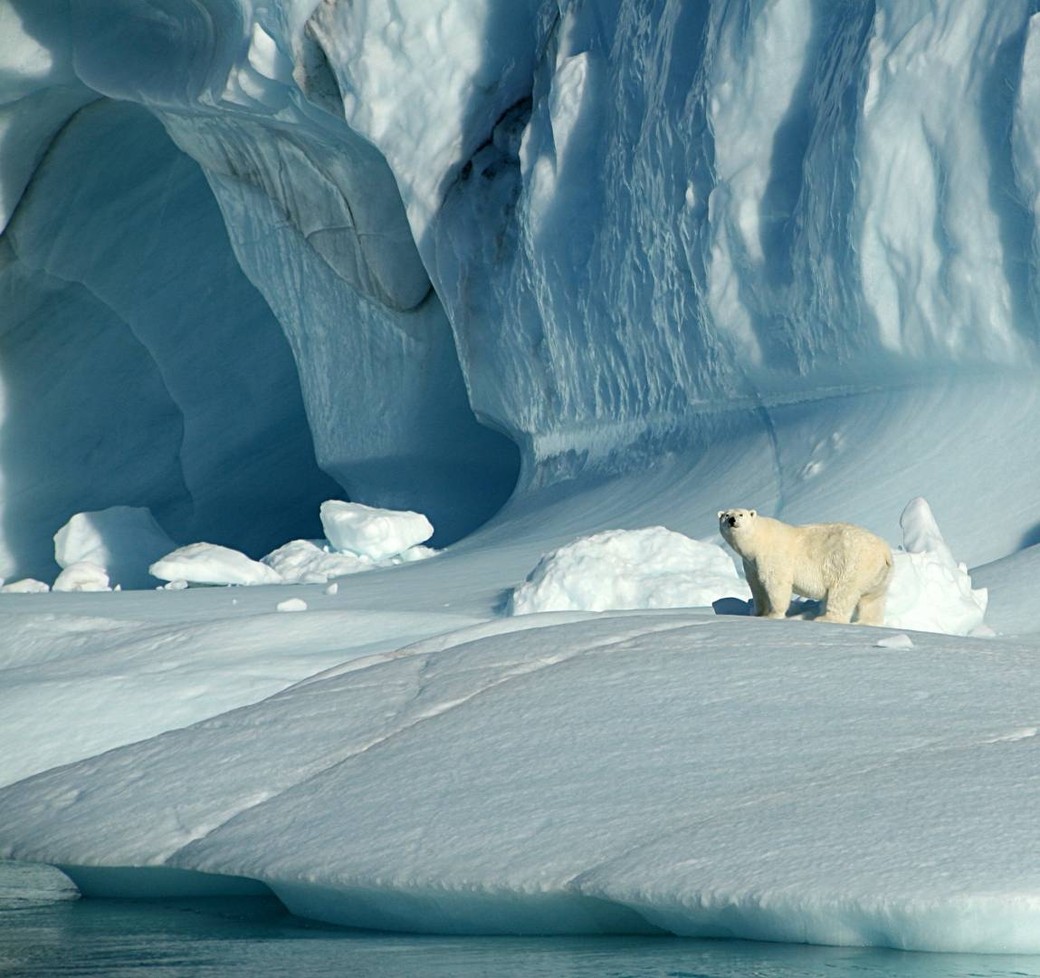
Arctic Series: Tackling Polar Change
The world’s greatest polar scientists will head to Montreal this April to try and find workable solutions to some of the biggest dilemmas facing the world’s polar regions, including issues such as climate change. While Canada’s international reputation on the environment took another beating in Durban at the UN climate change conference in December, perhaps the country’s scientists can redeem us.
The International Polar Year 2012 Conference (IPY 2012) – From Knowledge to Action – will bring together the latest polar research and examine issues critical to both polar environments and the planet at large. During the conference, over 2,500 delegates from more than 40 countries will attempt to translate the world’s most significant scientific findings into concrete action on climate change.

The Conference will also look at human and environmental health, biodiversity, resource development, polar shipping, infrastructure and security. Participants will include world leading polar scientists, as well as policy and decision makers, representatives of business and indus-try and residents of the circumpolar North. Chair of the IPY 2012 Conference, Dr. Peter Harrison, said the conference will play a role in shaping the future of the Arctic. “Taking our knowledge to the next level – charting the new polar policy course – IPY 2012 will help shape stewardship, sustainable development and environmental protection goals for these strategic and highly valued regions.”
Dr. Martin Fortier, Executive Director of the ArcticNet Network of Centres of Excellence of Canada said the conference is the result of the efforts of an International Steering Com-mittee, made up of representatives of numerous Canadian and international polar organizations. They include the World Meteorological Organization, the International Council for Science, the International Arctic Science Committee, the Inuit Circumpolar Council and others. Major sponsors of the conference include the Government of Canada, the Gouvernement du Québec, ArcticNet (a project led by the Government of Canada), the Canadian Space Agency and the Arctic Monitoring and Assessment Programme.
The plenary panel discussions will explore important themes related to topics of polar change, global linkages, communities and health, ecosystem services, infrastructure, resources and security. Break-out sessions will provide the opportunity to present and discuss the application of research findings, policy implications and how to take polar knowledge to action.
One exciting feature of the conference will be the Indigenous Knowledge Exchange that will feature programming developed by Indigenous peoples to highlight issues of interest to Arctic community members. Leaders, policy and decision makers, researchers and youth from these communities are contributing to this important program element and will participate in it and all aspects of the conference.

Another major objective of IPY 2012 is to encourage and inspire the next generation of researchers and stakeholders. The Association of Polar Early Career Scientists (APECS and ArcticNet Student Association will lead a workshop before the Conference to help early career researchers develop skills necessary for work and collaboration in the international and interdisciplinary area of polar research.
A highlight of IPY 2012 will be a presentation by opening keynote speaker Dr. Gro Harlem Brundtland, the Special Envoy on Climate Change for the United Nations. Dr. Brundtland is best known for championing sustainable development as the chair of the World Commission on Environment and Development (also known as the Brundtland Commission) that published the ground-breaking 1987 sustainable development report. That report’s recommendations ultimately led to the 1992 Earth Summit in Rio De Janeiro.)
Other key speakers include Dr. Louis Fortier, Scientific Director of ArcticNet, Dr. Sheila Jasanoff, Director of the Program on Science, Technology and Society at Harvard University’s John F. Kennedy School of Government, Dr. Jose Xavier, a marine biologist with the Institute of Marine Research, University of Coimbra, Portugal and Aqqaluk Lynge, Chair of the Inuit Circumpolar Council. The International Polar Year 2012 Conference – From Knowledge to Action will be held in Montreal between April 22 to 27 at the Palais des congrès. During the five day conference, they will seek to put together an action plan that could influence global decisions on polar issues for years to come. With all the experience and expertise, there is no doubt that they will be successful.
www.ipy2012montreal.ca.










